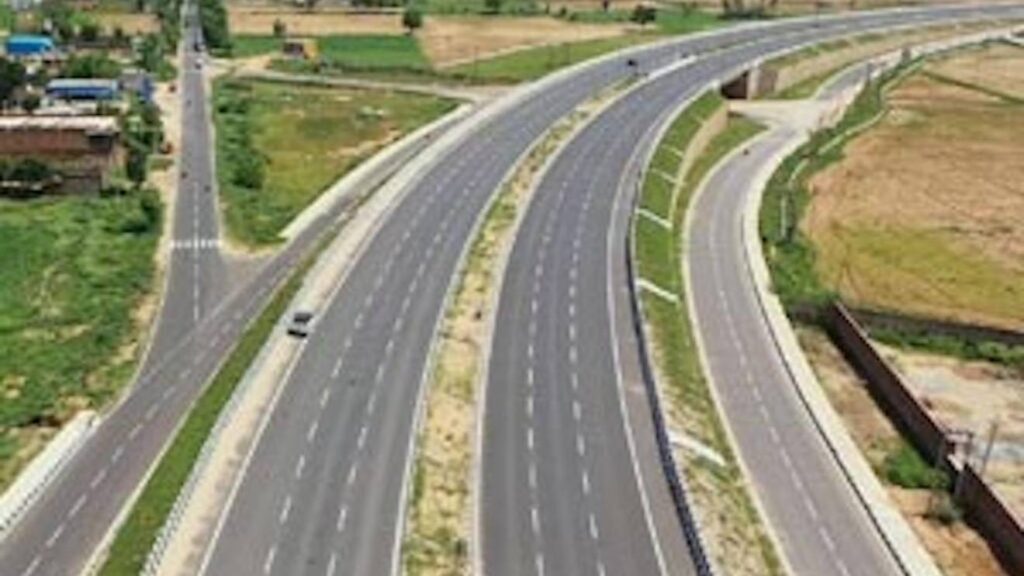Everstrong Capital has submitted a revised feasibility study report to the Kenya National Highways Authority (KeNHA) for the proposed Ksh468 billion Nairobi-Mombasa Expressway, reaffirming its commitment to advancing the transformative infrastructure project.
In a statement on Thursday, August 14, the investment firm disclosed that the updated report incorporates revisions aligned with Kenya’s technical, financial, environmental, and legal due diligence processes, as required under the Public Private Partnership (PPP) Act of 2021.
The proposed expressway, dubbed the Usahihi Expressway, is envisioned as Africa’s most ambitious toll road project, aiming to reduce travel time between Nairobi and Mombasa from 10.5 hours to 4.5 hours. Everstrong Capital described it as a hybrid model that would combine new greenfield construction with the modernisation and expansion of sections of the existing Nairobi-Mombasa highway.
“The Nairobi-Mombasa Expressway will not be replaced through the current highway’s expansion,” the company clarified, adding that KeNHA’s push for widening the existing road forms part of the overall strategy rather than a competing alternative.
Everstrong emphasised that KeNHA has not issued any formal rejection of the project and continues to actively engage with the firm. “We remain committed to transparency and collaboration with the Kenyan government to deliver this landmark project,” the statement read.
However, the revised submission comes amid recent friction between the parties. On Tuesday, August 12, KeNHA announced that the project had been halted after a review committee found that the company’s earlier proposal failed to meet evaluation criteria under the PPP Act. While declining the initial plan, the authority directed Everstrong to restructure its proposal to incorporate expansion of the existing Nairobi-Mombasa highway.
The expressway has been under discussion for several years as a potential game-changer for trade and transport along the country’s busiest corridor. If approved, it is expected to significantly ease congestion, boost economic activity, and enhance logistics efficiency between the capital and the port city.
With the revised feasibility report now in KeNHA’s hands, the fate of the multi-billion-shilling project rests on the authority’s assessment and the outcome of ongoing negotiations.

